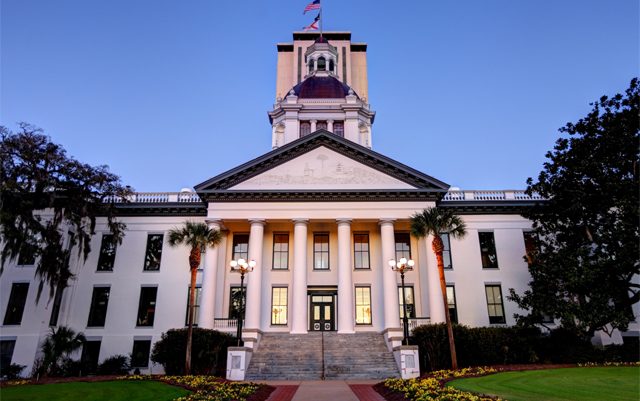Two years ago, before Florida voters had even approved Amendment 2 (legalizing medical marijuana), some people in the state were already looking ahead to legalizing the plant for recreational use. Back then, we had two main groups, and a third lesser-known group, who were working towards getting full legalization on the ballot – Regulate Florida, Floridians for Freedom, and Florida Organization of Reform. All three groups have a similar goal – making cannabis legal in the state of Florida – but they all have a slightly different approach to what legalization should look like.
A few year ago they were all aiming toward the 2018 ballot; unfortunately, due to the 766,000 needed signatures and a lack of financial backing, none of the groups managed to make the February 1, 2018 cut-off – meaning they are now working towards the 2020 election. However, this may actually be to the advantage of these groups. Amendment 2 was first on the ballot in 2014 but received just under the needed 60 percent voter approval to pass. It wasn’t until two years later in 2016, with a larger voter turnout and two years of growing support, that the amendment was finally passed.
This suggests that a recreational cannabis ballot initiative already stands a better chance in a presidential election year – when more voters are likely to turn out to the polls on Election Day. Interestingly, support may be high enough for such a ballot initiative to have passed sooner, with a poll conducted by University of North Florida showing that 62 percent of Floridian voters would back a state law regulating marijuana like alcohol. This is a substantial improvement from a 2016 Quinnipiac University poll that found only 56 percent of Floridians in favor of legalization, which is 4 percent short of the needed 60 percent approval.
With support for a legal and regulated market for cannabis having grown at least close to the 6 percent seen between these two polls in only two years, we can all guess that support will continue to grow in the coming two years. This means that if any of these groups get their signatures in time for the 2020 election that a ballot initiative to legalize and regulate marijuana is likely to pass with a large majority. In 2014, 57 percent of voters wanted to legalize medical marijuana, and by 2016, Amendment 2 passed with an overwhelming 71 percent. If support for regulation and legalization grows at the same rate, we could even see another landslide win.
In the meantime, these groups will be working hard over the next two years to ensure that they reach their goals and gather the needed number of signatures before the deadline in 2020.







Please let’s start using the language that will help further the cause. Marihuana should be replaced with cannabis; “recreational” should be replaced with “adult use”.